What are multinational corporations doing for our communities amidst the COVID-19 crisis? The answers vary. While some companies such as Publix Super Markets are picking up the slack, many large corporations are dropping the ball, resorting instead to self-preservation.
The U.S Government sanctioned the Paycheck Protection Program (PPP), a $349 billion paycheck originally intended to help small businesses with less than 500 employees pay salaries during the pandemic.
A quick introduction to the U.S. Paycheck Protection Program (PPP)
The most recent instance of corporations taking advantage of the global pandemic to get ahead is in the United States. The government sanctioned Paycheck Protection Program (PPP) intended to help small business stay afloat is instead funding multinationals barely affected by the crisis.
The PPP is essentially a $349 billion paycheck for small businesses struggling amidst the COVID-19 crisis. The U.S. government designed the program to help businesses with less than 500 employees pay salaries through loans that are forgivable if businesses use 75% of the money on payroll and don’t lay off employees. Part of the low-interest loan could also cover expenses such as mortgages or rent.
Businesses find themselves in hot water
The PPP was initially intended for small businesses such as family-run restaurants, small stores, and mom-and-pop shops that don’t often participate in the SBA loan program. However, the program failed to exclude bigger businesses and smaller firms in good standing that might be eligible for the low interest loan. The result – nearly 300 public companies with a combined market cap of over $18 billion wrongfully receiving low interest loans.
Now, small businesses find themselves in hot water. Many of the intended recipients weren’t able to access the first tranche of PPP funds as the account emptied in a matter of days. Although the government has promised another $300 billion installment for the program to serve more applicants, the trials and tribulations aren’t over just yet for small businesses.
Many banks offering low interest loans on behalf of the PPP are reluctant to approve loans to small businesses on the brink of bankruptcy who had never borrowed from the bank before. For this reason, in the first installment of the PPP, banks prioritized larger creditworthy businesses that were less likely to default on their loans.
Apprehensive banks weren’t the only reason multinationals got away with taking out unnecessary loans. The PPP outlines that its maximum loan amount is $10 million based on payroll calculations. However, some restaurant firms were awarded over $10 million in total because each had two subsidiaries that applied for separate loans under the program. Shake Shack is just one firm that wrongfully collected PPP loans this way and will return the money after facing significant public opposition.
An investigation by the Associated Press (AP) regarding the PPP revealed even more troubling findings. Many of the large beneficiaries of the PPP weren’t affected financially by the COVID-19 crisis at all. In fact, a quarter of the 75 public companies identified in the report warned investors of internal financial issues months before the Coronavirus outbreak while nearly 63% of the companies receiving the maximum loan amount had been under government investigation in the past.
Setting the record straight
After significant public backlash, government warnings, and private misgivings, many large beneficiaries have decided to return the wrongfully awarded loans. As of now, over $160 million of the $900 million received by 300 public companies disclosing PPP loans has been returned. You can find a full list of beneficiaries that have returned the loans here.
The fan favorite LA Lakers are another large beneficiary that returned its PPP loan. The West Coast NBA team qualified and received a $4.6 million loan from the PPP, but eventually returned the money. With fewer than 500 employees, the Lakers technically qualified for a PPP loan, despite a more than $4 billion valuation. The team disclosed in a statement that “the Lakers remain completely committed to supporting both our employees and our community,” shortly after breaking news that they will return the award.
Kura Sushi USA, a subsidiary of a popular Japanese restaurant chain also said it would return its $5.98 million federal loan, admitting that “[their] finances allow [them] to weather financial hardship for a longer period than independent restaurant owners.” President and CEO Kura Sushi rounded out the statement by saying “we hope that these funds will be shared equitably among deserving candidates.”
Salad chain Sweetgreen also approved its $10 million PPP loan at first, but soon made the decision to return the money after news broke that the program had run out of funds, said founders Nicolas Jammet, Nathaniel Ru and Jonathan Neman.
Unintended actions
For those companies that have returned their PPP loans, many speculate this is just a “knee-jerk reaction” to significant public backlash. Perhaps, but returning the wrongfully awarded loans may help some companies satisfy their corporate social responsibility in this time of crisis.
Several business executives that applied for a PPP loan said the process was unclear and confusing. With nothing else but a vague set of guidelines, business executives of large firms did know what formally distinguished a small business from a big one. Once these large beneficiaries realized their mistake, several of them promptly returned the money so the government could redirect it to the rightful candidates.
Washington’s revisions to the PPP program bring promise for the second round of loan applications. The SBA and Treasury Department issued new guidance that gives companies until May 7th to return the wrongfully awarded funds “in good faith.” The federal government also clarified that PPP loans are not intended for companies with access to the equity market and that companies must certify economic injury to avoid consequences. Companies receiving loans of over $2 million will be audited and hit with potential criminal liability charges if they do not comply with the new PPP standards.
Going the extra mile
On the other hand, shouldn’t companies be doing more for our communities than returning faulty loans?
Publix, a southeastern grocery chain, has announced that it will purchase excess produce and milk from farmers and donating it directly to Feeding America food banks. As the COVID-19 crisis unfolds, issues in regular supply chain activities have forced farmers to dump thousands of gallons of milk and unsold produce. With its new initiative, Publix expects to donate 150,000 pounds of produce and 43,500 gallons of milk in just the first week. “In this time of uncertainty, we are grateful to be able to help Florida’s produce farmers, southeastern dairies, and families in our communities,” said Publix CEO Todd Jones.
Farther north up the coast, Asian American restaurants in Manhattan’s East Village are banding together to raise funds for former staff. After having to lay off a majority of their workers amidst restaurant closures due to COVID-19, a Taiwanese eatery named 886 took matters into its own hands. The restaurant started a bento delivery service, disbursing all proceeds to employees. Soon enough two more Asian eateries, Ho Foods and Raku, joined the operation to give back to their community. The restaurants rehired several of their employees and began working with organizations to feed healthcare workers. Now a month in, the eateries have delivered over 4,000 bento boxes and raised $9,000 in funds.
The truth is, there is no standard, tried and true approach to corporate social responsibility. However, the fact of the matter is that companies are starting to hone their role as valuable community stakeholders in response to increasing public expectations. As the COVID-19 crisis threatens the livelihoods of their communities, the action (or inaction) of large corporations proves to have far-reaching impacts.
This begs the question: what is the corporate social responsibility of multinational corporations during global crises, such as the one the world is facing now? Only the future holds.
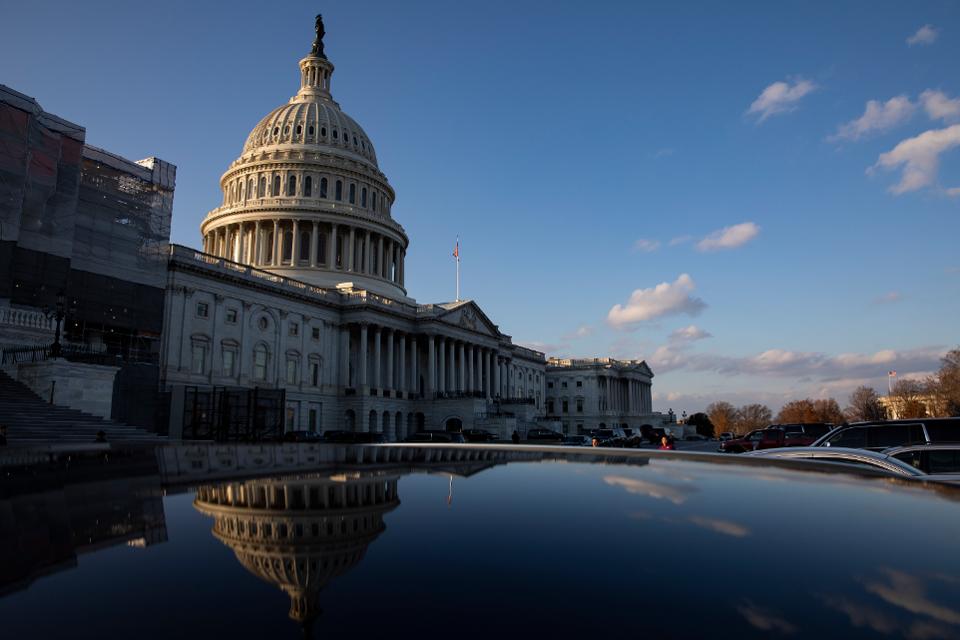

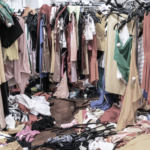


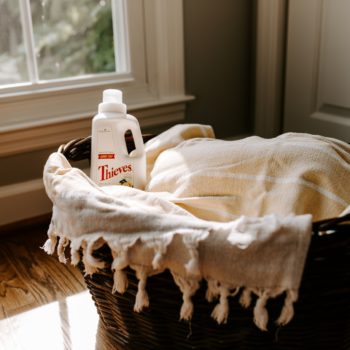

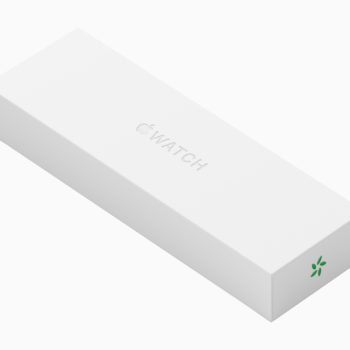

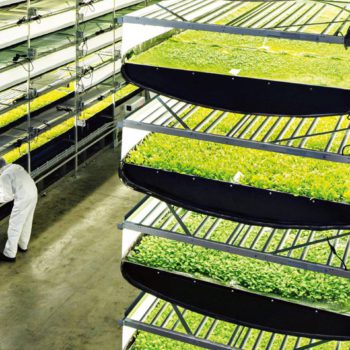
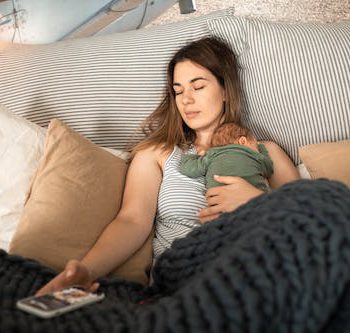


No Comments